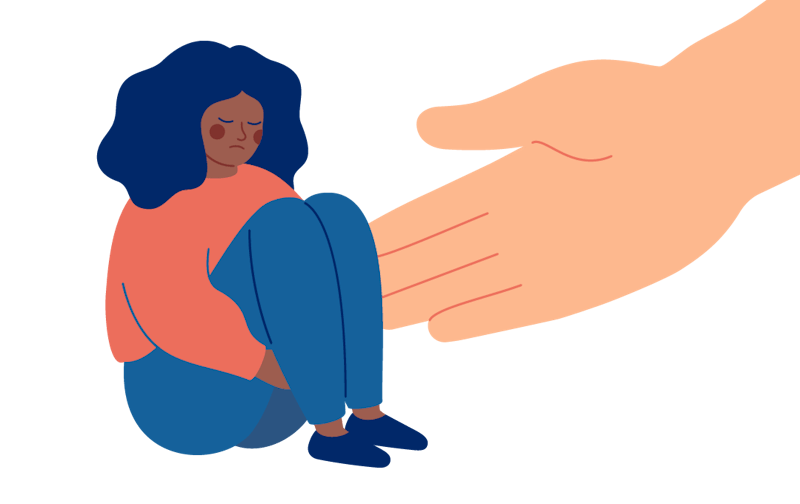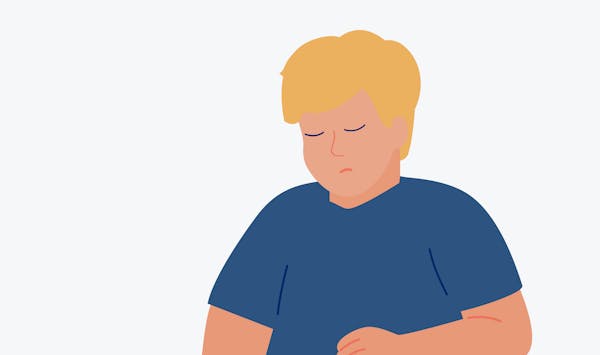What is grooming?
Grooming is a common technique among those who abuse children and teenagers. Grooming can also be used on young people and adults in vulnerable situations. The person who grooms tries to gain the victim’s trust and coerce them into consenting to abuse. Grooming can occur both in person and online.
The groomer is often a family member or someone who the victim knows, for example a coach or teacher. The person who grooms is normally charming, friendly, and helpful.
If could be grooming if a person who is older and who holds more power:
- Pays you a lot of attention and compliments.
- Shares their deepest secrets with you.
- Gives you gifts or money.
- Points out what you have in common.
- Shows you a lot of sympathy or compassion.
- Says they have feelings for you.
- Asks you for personal information such as your address, what school you go to or where you usually hang out.
- Pushes you or orders you to do things, often by guilting you into them.
- Asks you to meet alone and in secret, and even in a secluded location.







